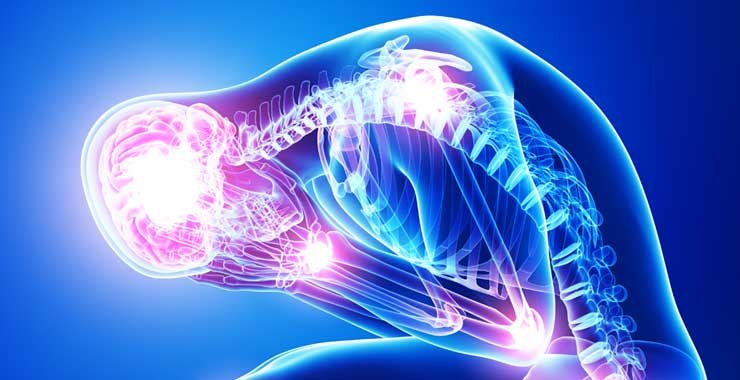Have you ever felt rejuvenated after a walk in the park or calmed by the gentle rustling of leaves? Nature has an incredible way of connecting us to something larger than ourselves. It’s not just beautiful; it benefits our bodies and minds. Finding time to immerse ourselves in nature can feel like a luxury in …
Month: November 2024
Obesity has become an allowing public health concern globally, presenting challenges that are beyond physical appearance and fitness. This condition is not just a cosmetic issue but a senior medical condition that can impact nearly every aspect of human health and wellbeing. It is very important to understand the consequences of obesity as it continues …
Exercise to increase flexibility. Consistency is the key to seeing results. Flexibility refers to the temporary lengthening or stretching of a muscle. Reaching to touch your toes or picking up a glass off a table requires flexibility; factors affecting this include age, gender, and health conditions. 1. Ankle Circles Personal trainers typically emphasize strength training …
Doing 30 minutes of moderate exercise every day will have many health advantages, from making you feel better to decreasing the risk of long-term conditions like heart disease, diabetes, cancer, and arthritis. 1. Increased Self-Esteem Exercise releases feel-good endorphins into your system that enhance your mood and decrease stress levels, helping you sleep more soundly. …
Regular physical activity increases lifespan and decreases risk for many health issues; yet only half of adult Americans meet recommended physical activity guidelines. Even if you fall short of meeting the CDC’s recommended 150 minutes of moderate-intensity exercise each week, any small effort counts towards making you healthier and helping to meet its recommendations. Walking …
ADHD, or attention deficit hyperactivity disorder, is a common childhood neurodevelopmental disorder that affects millions of families worldwide. Children with ADHD behave in ways that are not normal for children. They are often impulsive, hyperactive, and inattentive. This affects their school, social, and family life. Getting an accurate diagnosis, understanding the symptoms, and finding effective …
Water consumption is essential to good overall health. It is recommended to drink eight 8-ounce glasses daily. Beverages such as coffee, tea, and juice can contribute to your daily fluid intake; however, it is best to opt for beverages without sugar or alcohol content as these could have adverse effects. Other ways include eating water-rich …
Stress is an inevitable part of life. When faced with new challenges or changes, most people view stress as an adaptive response that keeps them alert for danger. Chronic stress can have significant negative repercussions for health. It can compromise immune response systems and cause depression or anxiety. 1. Exercise Studies have demonstrated the efficacy …
Enhance your energy with natural foods! Choose nutritious options like whole fruit, nuts and seeds, hummus, baked sweet potatoes, hard-boiled eggs, and grilled vegetables over sugary snacks such as chips. Eat smaller meals throughout the day to stay within your daily calorie limits and use visual cues to manage portion sizes and prevent mindless overeating. …
Combating childhood obesity is a growing problem worldwide. Families and healthcare professionals know how dangerous it can be to a child’s health. Being overweight or obese as a child can not only harm your physical health but also your mental health and overall quality of life. To combat this, we need to be proactive and …










